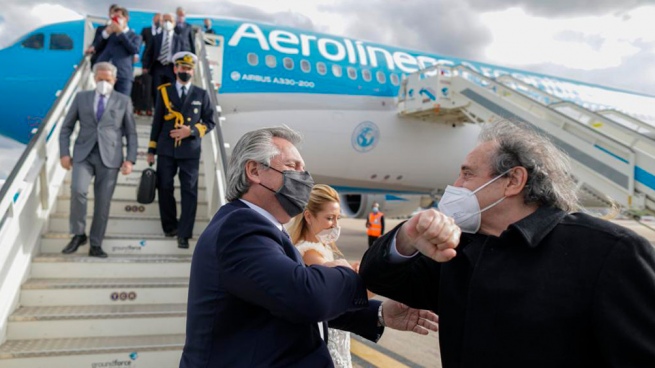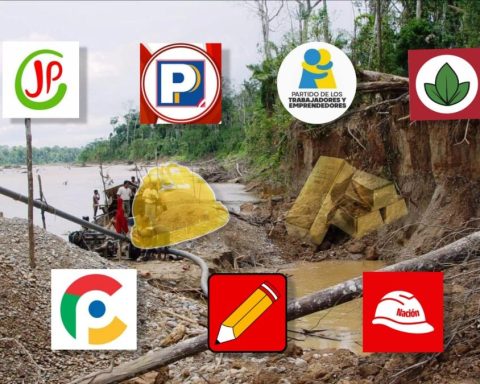Veronica Zapana S. / La Paz
From 1994 to 2020, 26 years ago, an evaluation of educational quality was not carried out in Bolivia, according to the director of the Plurinational Observatory of Educational Quality (OPCE), Roberto Mamani. Why wasn’t it made? According to the authority, it is due to four factors: lack of commitment, budget, personnel and regionalized education.
“I am confident in saying that from 1994 (when the Educational Reform Law was implemented) until 2020 (because the Avelino Siñani Law was applied 10 years earlier), there was no evaluation,” the director told Página Siete.
According to Mamani, one reason an evaluation of educational quality was not applied is the lack of budget. “Currently, the OPCE has a budget of around three million Bolivians, 97% is for administrative expenses, payment of services and salaries to the 18 officials of the institution. Only 3% of the budget is for operating expenses and (to) develop the activities in a management”, he explained.
According to the head of the OPCE, that 3% is equivalent to 39,000 Bolivians who barely “cover activities of a meeting, go to a region and it is not enough to make instruments, travel and national operations,” he said and stressed that for this reason they resort to the organizations international such as Unicef.
The second reason – according to Mamani – is the limited staff. The institution has 18 officials from the doorman to the director, five of them are teachers with a dual profession (psychologists and pedagogues). “That is the multidisciplinary team that is in charge of carrying out the projects.”
He said that the lack of social commitment is the third reason. This point is vital to move forward.
According to Mamani, the fourth reason is the complexity that exists at this time due to the country’s multiculturalism, because each nation and culture demands an education in context.
The coordinator of Cebiae, Israel Lahor, said that this factor was one of the main reasons for not speeding up the evaluations because Bolivia has 36 indigenous peoples and it is complex to carry out the measurement according to their regionalized curricula.
The director of the Educational Sciences career at the Universidad Mayor de San Andrés (UMSA), Mario Zárate, affirmed that in addition to the lack of commitment, politics is involved. “Each government in power is not interested in knowing the problems of school education,” he said.
Mamani said that from now on it is intended to carry out an evaluation every three years so that in 10 an international measurement is entered.
















